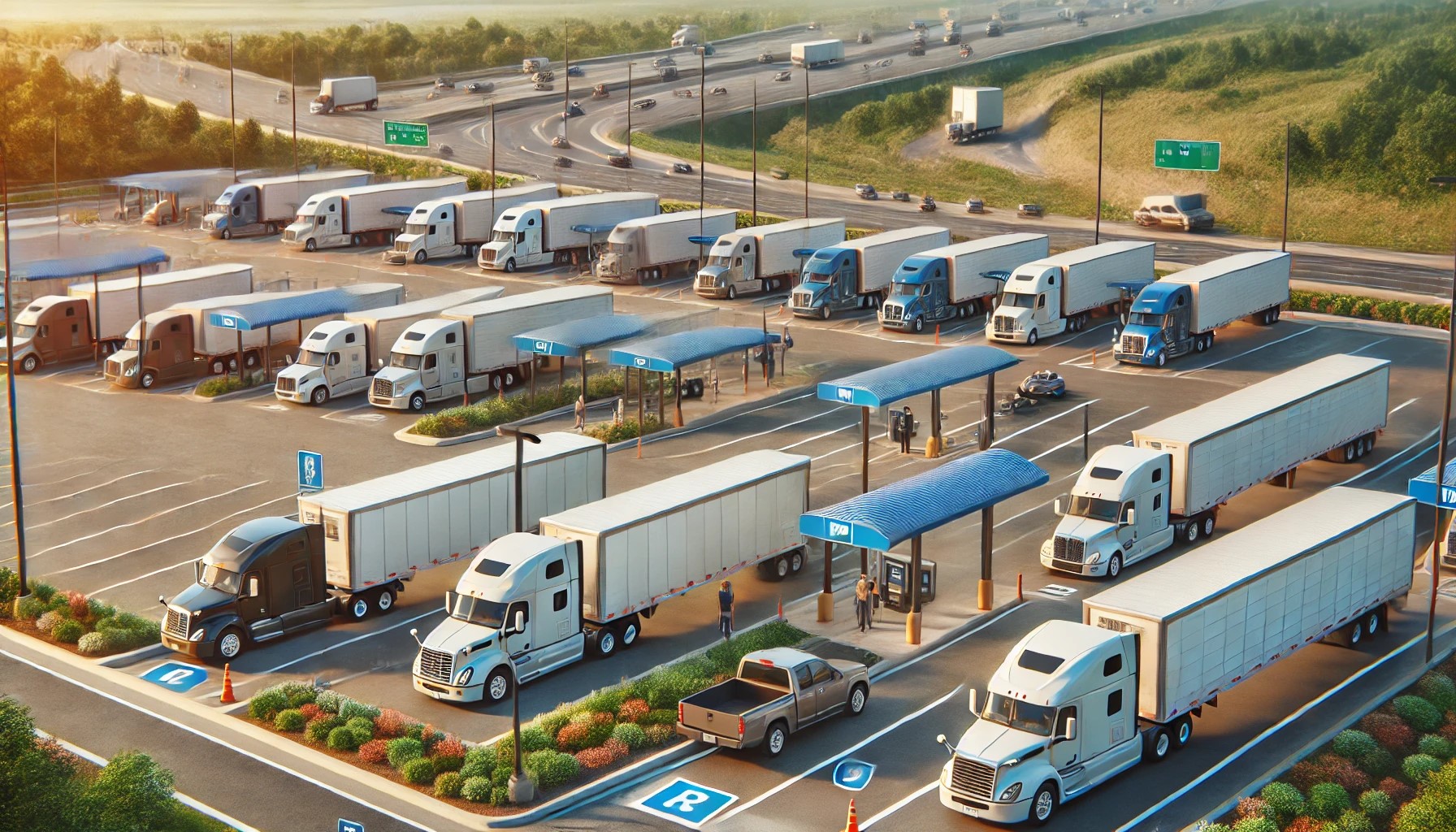
The ongoing legal and political battle over the Biden administration’s independent contractor rule has reached a critical juncture. The rule, which was finalized in January 2024 and took effect on March 11, 2024, aims to provide clearer guidelines for classifying workers as employees or independent contractors under the Fair Labor Standards Act (FLSA). However, it has sparked significant controversy and opposition, particularly from the trucking industry and business groups.
Background of the Rule
The new rule replaces a 2021 regulation implemented by the Trump administration, which focused on two main factors to determine independent contractor status: the degree of control over work and the opportunity for profit or loss based on initiative and investment. The Biden administration’s rule, on the other hand, reverts to a “totality-of-the-circumstances” test that evaluates six factors, including the nature and degree of control, the permanence of the work relationship, and the worker’s opportunity for profit or loss.
Legal Challenges and Legislative Pushback
The legal challenge to this rule is spearheaded by a group of Louisiana trucking companies and the state’s primary trucking association. These plaintiffs argue that the new rule imposes undue burdens and creates uncertainty for businesses relying on independent contractors. The case, initially filed in the U.S. District Court for the Eastern District of Louisiana, has now moved to the U.S. Court of Appeals for the 5th Circuit.
In parallel, Congressional Republicans have introduced legislation to block the rule. Led by Sen. Bill Cassidy (R-LA) and Rep. Kevin Kiley (R-CA), the Congressional Review Act (CRA) resolution aims to rescind the rule and prevent similar regulations in the future. While this resolution could pass both the House and the Senate, it is likely to face a veto from President Biden, requiring a two-thirds majority to override.
Implications for the Industry
The rule’s opponents argue that it will increase legal liabilities and administrative burdens for businesses, particularly in industries like trucking, where independent contractors play a crucial role. They contend that the subjective nature of the new test leads to inconsistent and unpredictable court rulings, which can disrupt business operations and increase costs.
On the other hand, the Biden administration asserts that the rule is necessary to protect workers from misclassification, which can deprive them of essential benefits and protections such as minimum wage and overtime pay. By ensuring that workers who are economically dependent on a single employer are classified as employees, the administration aims to uphold labor standards and reduce exploitation.
Conclusion
As the legal and legislative battles unfold, the future of the independent contractor rule remains uncertain. Businesses and workers alike are closely watching the developments, understanding that the outcomes will have far-reaching implications for labor relations and economic structures across various industries.












